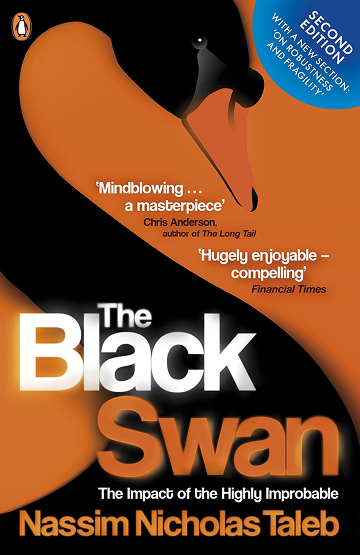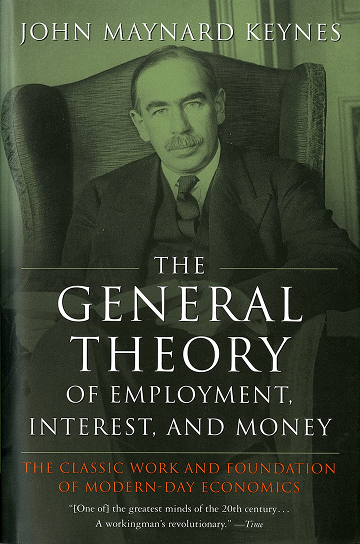David Goel Biography, Career, Net Worth, and Key Insight



David Goel’s Profile Summary
|
Company
|
Matrix Capital Management |
|---|---|
|
Position
|
Co-Founder and Managing General Partner of Matrix Capital Management, an investment fund that focuses on technology and life sciences |
|
Source of wealth
|
David Goel's primary sources of wealth include management and performance fees from Matrix Capital Management's investment strategies, particularly in technology and life sciences |
|
Also known as
|
Philanthropist, Board Member, Technology and Life Sciences Investor. |
|
Age
|
55 |
|
Education
|
Harvard University – B.A., magna cum laude |
|
Citizenship
|
United States |
|
Residence
|
Waltham, Massachusetts, USA |
|
Family
|
David Goel is married and has children. |
|
Website, Social Media
|
https://matrixcm.com/ |
David Goel’s biography
David Goel is a prominent hedge fund manager and co-founder of Matrix Capital Management, a firm established in 1999. Born in 1970, Goel graduated magna cum laude from Harvard University with a degree in government and later became a key player in the financial world. His early career includes roles as a financial analyst at Morgan Stanley and as an associate at General Atlantic Partners. However, his formative experience came as a technology research analyst at Tiger Management, where he worked under the mentorship of legendary investor Julian Robertson. This connection earned Goel a reputation as one of the "Tiger Cubs," a group of notable hedge fund managers who trained under Robertson. Over the years, Matrix Capital grew to manage billions of dollars in assets, with a focus on technology and life sciences sectors. Goel has also served on the boards of various companies, including nference and Popular, Inc. He is actively involved in philanthropy, notably donating $100 million to Harvard University in 2019. Despite his success, in 2024, Goel announced the closure of Matrix Capital Management due to personal health issues-
How did David Goel make money?
David Goel makes money in the following areas:
David Goel's primary sources of wealth include management and performance fees from Matrix Capital Management's investment strategies, particularly in technology and life sciences
-
What is David Goel net worth?
As of 2025, there is no publicly available and reliable information regarding David Goel’s net worth.
What is David Goel also known as?
David Goel is recognized for his philanthropic contributions, particularly his $100 million donation to Harvard University, aimed at supporting the university's arts programs. He also serves on the board of trustees of several prestigious institutions, including The Winsor School and the Museum of Fine Arts in Boston. His deep involvement in technology and life sciences sectors through board memberships at companies such as Adaptive Biotechnologies, nference, and AltPep further solidifies his influence beyond just the investment worldProminent achievements of David Goel
David Goel is recognized as a "Tiger Cub," having trained under Julian Robertson at Tiger Management. He co-founded Matrix Capital Management, which grew to manage billions of dollars in assets. He has served on the boards of several notable companies, such as Adaptive Biotechnologies and nference. In 2019, he and his wife made a $100 million donation to Harvard University, which stands as a major philanthropic achievementWhat are David Goel’s key insights?
David Goel’s business philosophy revolves around long-term investments in disruptive technologies, particularly in the life sciences and technology sectors. He has emphasized the importance of cloud computing and biotechnology as key areas for future growth. Goel believes in backing transformative companies with strong potential to innovate, disrupt industries, and create long-term value. His insights are rooted in deep research and a patient, strategic approach to investing
David Goel’s personal life
David Goel is married to Stacey Goel, and they have children together. The family is actively involved in philanthropy, notably through their significant contributions to educational institutions and the arts, such as their donation to Harvard University and their involvement with the Museum of Fine Arts in Boston
Useful insights
Understanding market forces
In my experience, to truly succeed as an investor, it’s essential to understand the driving forces behind market behavior. Market movements aren’t random—they’re influenced by a range of economic theories and dynamics. The following books provide valuable insights into these forces, offering a deeper understanding of how global financial markets operate and what shapes their trends.
-
Nassim Nicholas Taleb – "The Black Swan"

-
Summary:
Taleb explores the concept of rare, unpredictable events—so-called "Black Swans"—that can have massive impacts on markets and society. These events are often overlooked by traditional risk management models, leading to devastating consequences when they occur. Taleb illustrates how these unpredictable shocks shape our world, often more than gradual, expected changes.
-
Why read it:
This book challenges conventional thinking about risk and uncertainty, showing that many major historical and financial events were "Black Swans." It's a vital read for investors who want to build resilience in the face of market volatility.
-
-
John Maynard Keynes – "The General Theory of Employment, Interest, and Money"

-
Summary:
Keynes revolutionized economics by focusing on total demand within an economy and its effect on output and inflation. His theory suggested that government intervention could stabilize economic cycles through fiscal and monetary policy. The book also explains the consequences of under-consumption and the role of interest rates in managing economic stability.
-
Why read it:
For investors interested in macroeconomic trends and policy impacts, Keynes’ work is essential. Understanding the Keynesian framework can help investors predict how government actions might influence market performance.
-
Other profiles in category
Popular Financial Guides
Latest Financial News

EUR/USD price slips below $1.165 as U.S. tariffs and Fed outlook pressure euro

Ark Invest takes profits as Coinbase market cap tops $100 billion































































































































